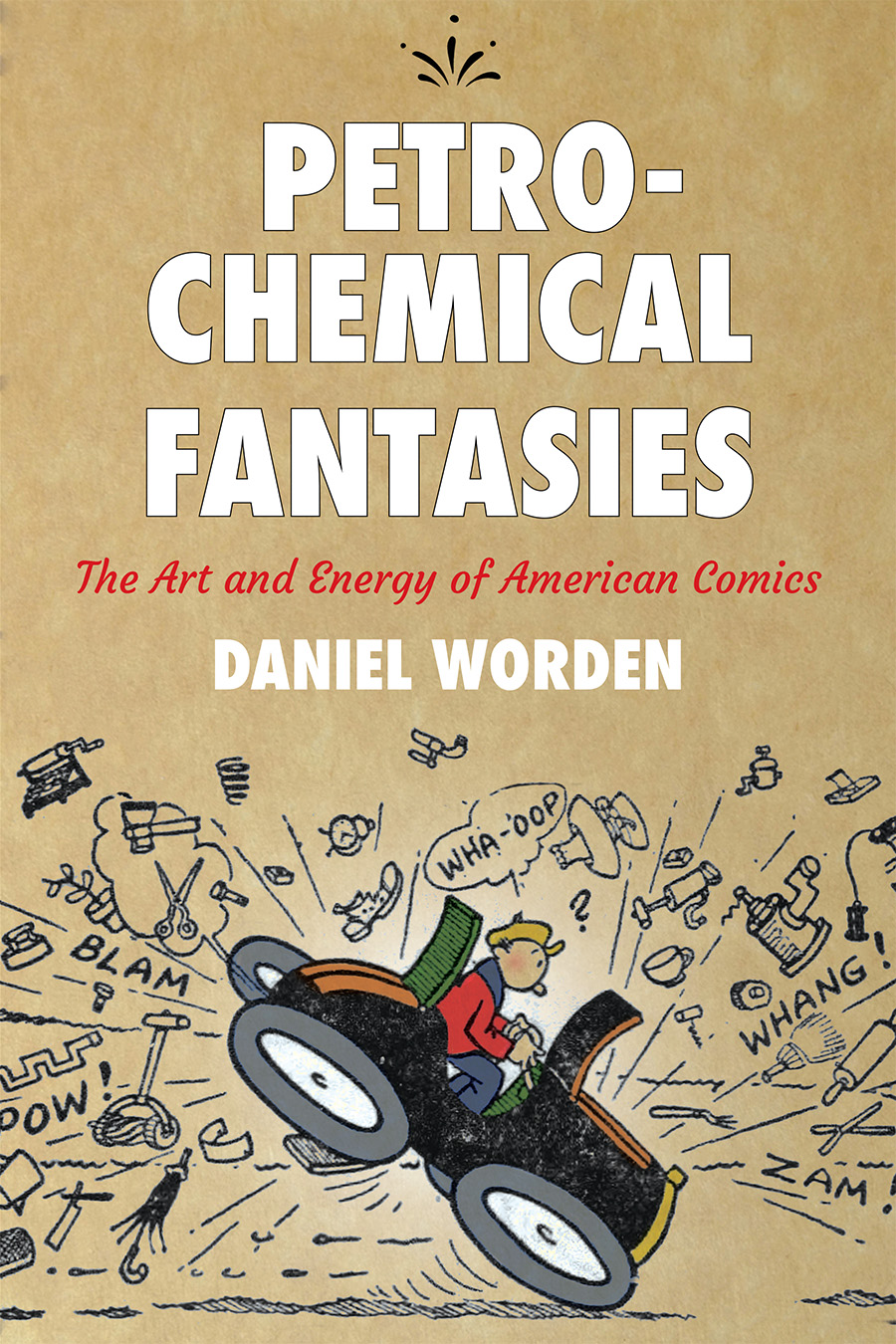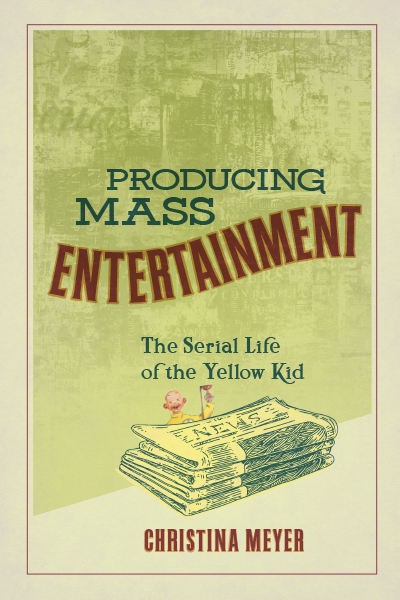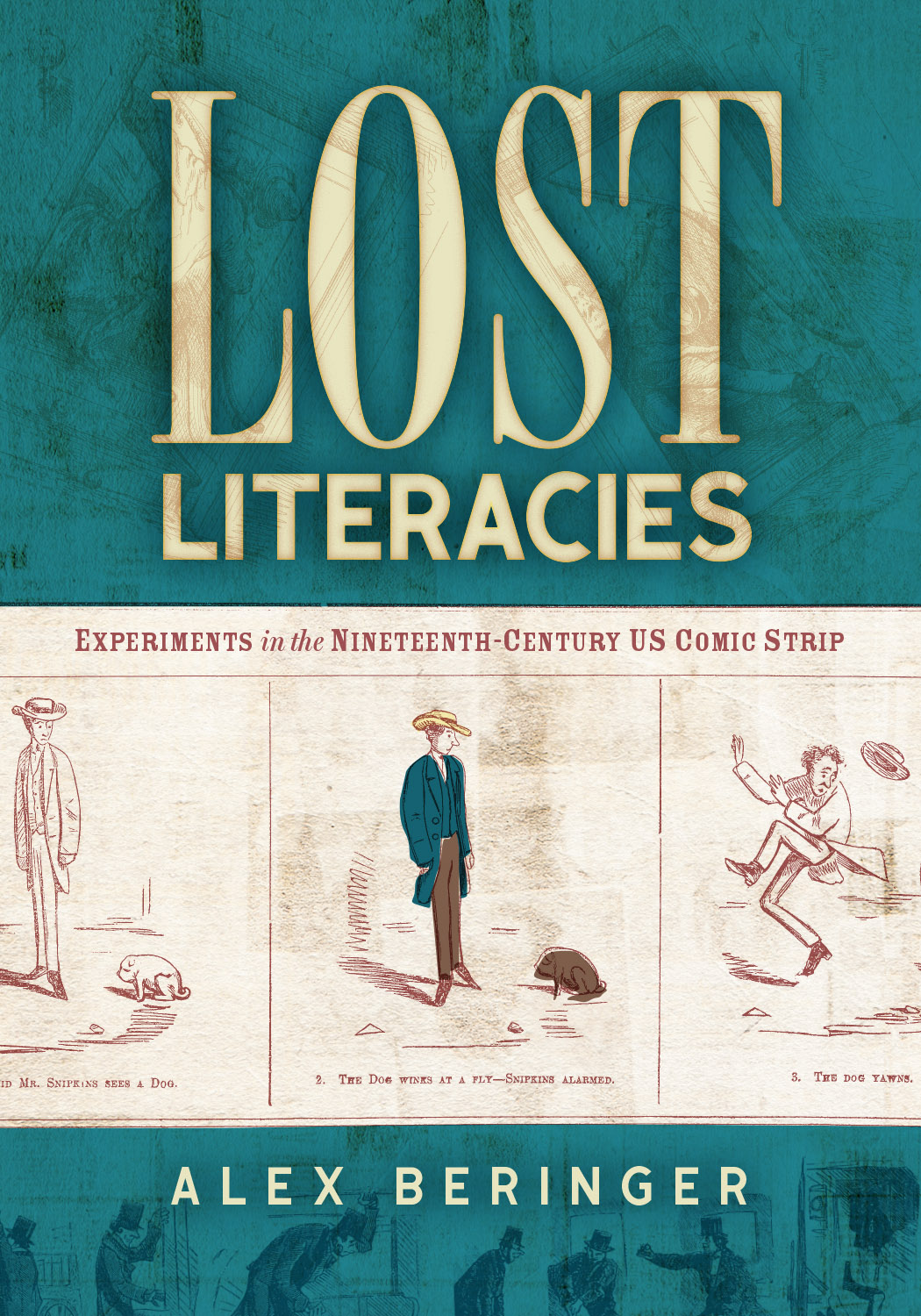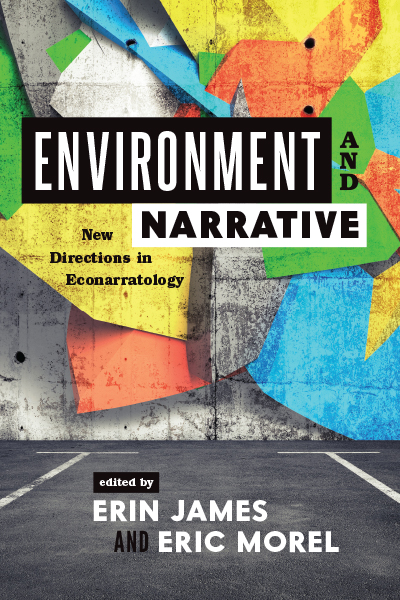Shortlisted for the 2025 Comics Studies Society Charles Hatfield Book Prize
Nominee, 2025 Will Eisner Comic Industry Award for Best Academic/Scholarly Work
Listen to an interview with Daniel Worden on Read Beat (...and repeat)
“This thorough survey of examples with insightful analysis should be useful for both comics and environmental studies. Summing Up: Recommended. Undergraduates through graduate students.” —W. L. Svitavsky, CHOICE
“Worden provides a thoroughly documented and researched history of how the comics medium reflects the histories of coal and oil extraction in the United States....Petrochemical Fantasies is invaluable for its detailed archive of fossil fuels in comics history, an essential contribution compiling sources and materials that will surely be relied on and referenced by scholarship to come.” —Mike Classon Frangos, Criticism
“Petrochemical Fantasies breaks new ground for understanding how Comics Studies can dig in against the modern abusers of the earth....A stellar expansion of Comics Studies into newly activist spaces of eco-criticism.” —Andrew Kettler, Journal of American Culture
“Compellingly bringing the fields of the energy and environmental humanities and comic studies with a healthy foundation of art history into conversation with one another, Worden builds an intricate account of this intertwined history....As a comprehensive, expertly researched book, Petrochemical Fantasies is an achievement that significantly advances the energy and environmental humanities and comic studies.” —Jordan Kinder, H-Net Reviews
“Petrochemical Fantasies offers valuable insights into the various ways the medium of comics and diverse forms of energy use have co-evolved over time....[the book] represents a promising beginning that will undoubtedly inspire further research into the multifaceted relationships between comics and energy cultures.” —Reinhard Hennig, Ecozon@
In Petrochemical Fantasies, Daniel Worden reveals the entwined history of comics and fossil fuels in the United States. From the 1840s to the present, comics have depicted the power, pollution, and rapid expansion of energy systems—especially the explosive growth of coal and oil. In the 1930s, some of the first comic books were the gas station giveaways Gulf Funny Weekly and Standard Oil Comics. And in recent years, comics have become one of the major sites for visualizing life after oil, a striking reversal of the medium’s early boosterism.
Surveying the work of acclaimed artists such as Nell Brinkley, George Herriman, Jack Kirby, Winsor McCay, and R. F. Outcault and recovering little-known works, Worden advances a new history of American comics in the Anthropocene. From late nineteenth- and early twentieth-century editorial cartoons and superhero comics that visualize our modern energy culture to contemporary comics grappling with climate crises, Petrochemical Fantasies places comics, environmental humanities, and energy studies in conversation with each other to unearth the crucial but overlooked history of comics’ place in US energy culture.
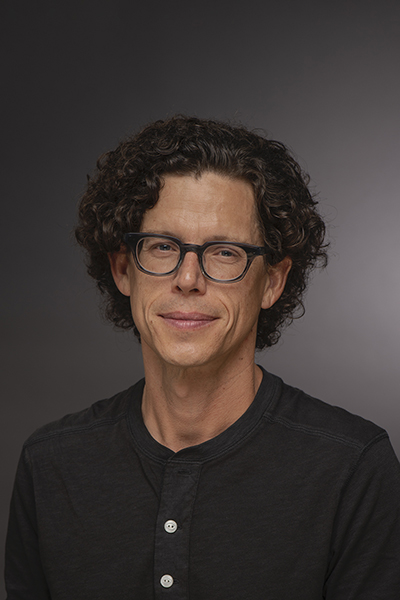
Daniel Worden is Associate Professor of Art at the Rochester Institute of Technology, where he teaches and writes about comics, print, and visual cultures. He is the author of Neoliberal Nonfictions: The Documentary Aesthetic from Joan Didion to Jay-Z, the editor of The Comics of Joe Sacco: Journalism in a Visual World and The Comics of R. Crumb: Underground in the Art Museum, and the coeditor of New Directions in Print Culture Studies: Archives, Materiality, and Modern American Culture
Author photo credit: Elizaeth Lamark
Contents
List of Illustrations
Acknowledgments
Introduction The Energy of Comics
Chapter 1 Caricatures and Corporations
Chapter 2 Cars in Cartoons
Chapter 3 The Petrochemical Origins of the Comic Book
Chapter 4 Plastic Man and Other Petrochemical Fantasies
Chapter 5 The Climate of Comics
Conclusion “This Is NOT Fine!!”
Works Cited
Index
“A thought-provoking account of how American comics interacted with the energy industry from the mid-nineteenth century to the present.” —Alex Beringer, Resources for American Literary Study
“Convincing and compelling, Petrochemical Fantasies is certain to have an impact on academic conversations about energy sources and popular culture. Worden illuminates in rich detail how US comics articulate the hopes and anxieties bound up in fossil fuels.” —Paul Williams, author of The US Graphic Novel
“Combining insights from two of the most rapidly expanding areas of humanities inquiry—energy humanities and comics studies—Petrochemical Fantasies is highly relevant and the first major work in its area. Scholars in both fields will find new and valuable material.” —Bart Beaty, author of Unpopular Culture: Transforming the European Comic Book in the 1990s


